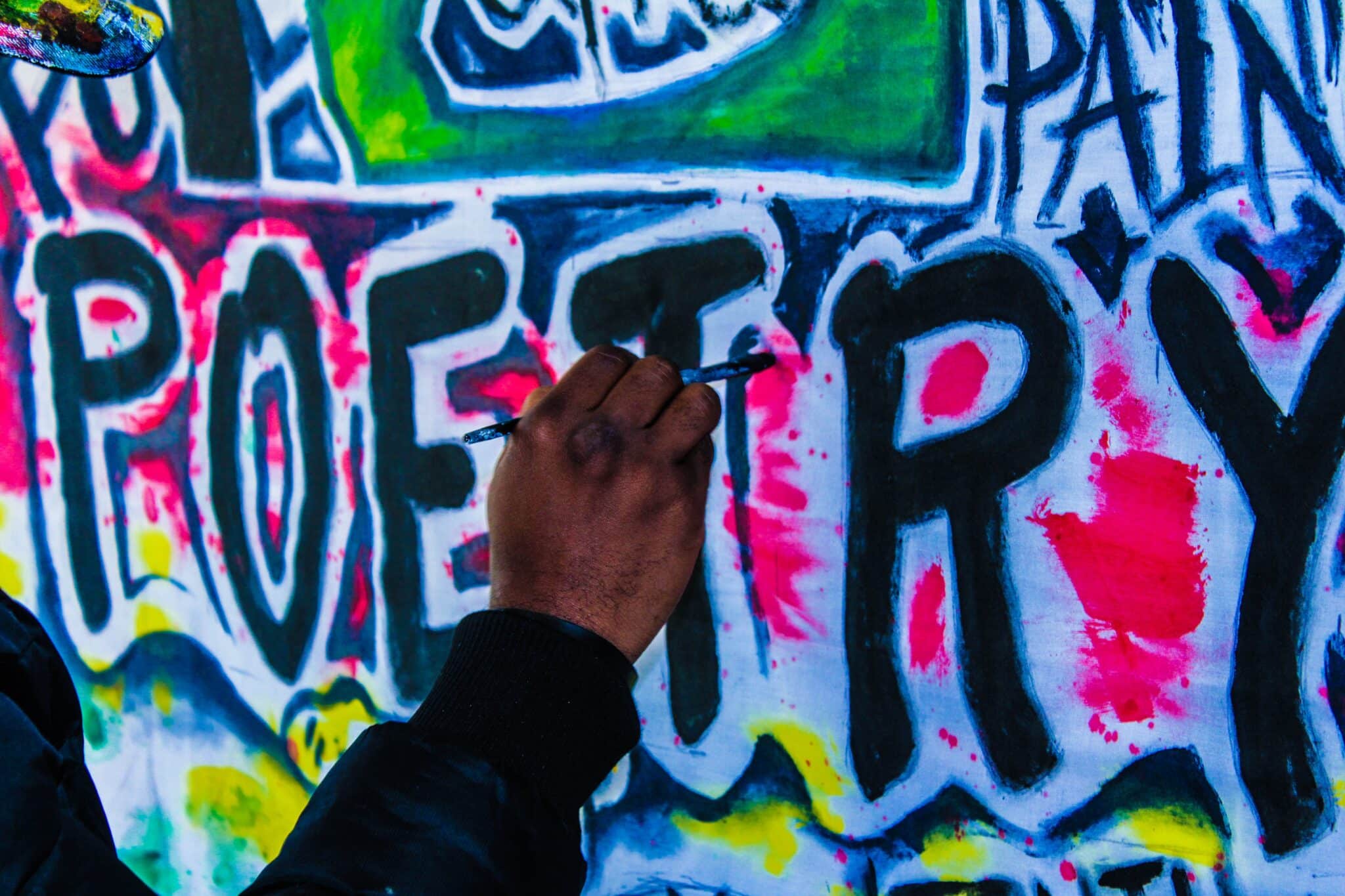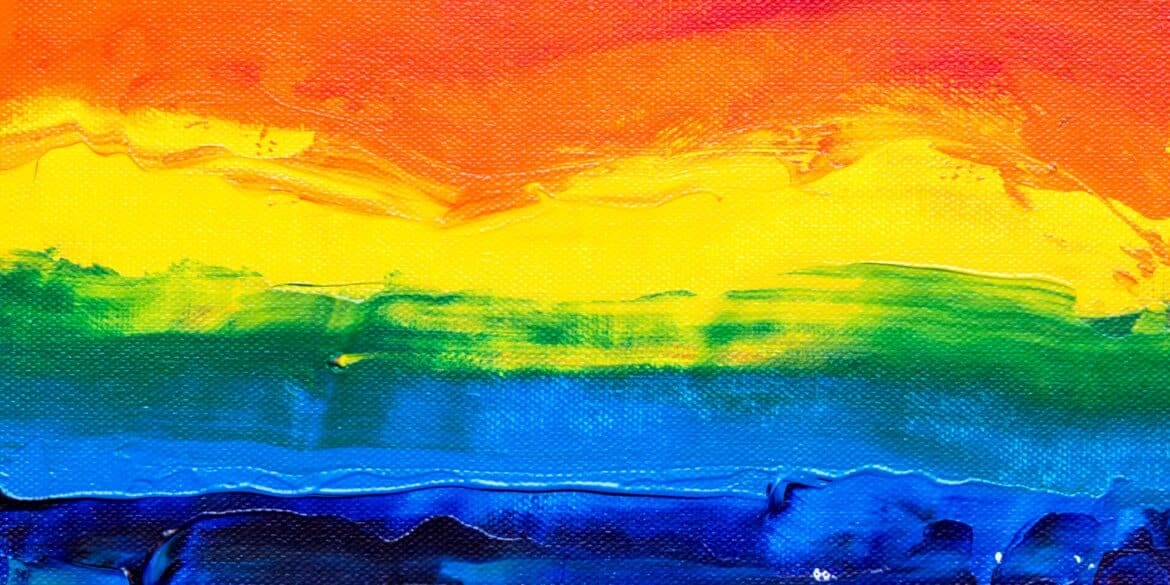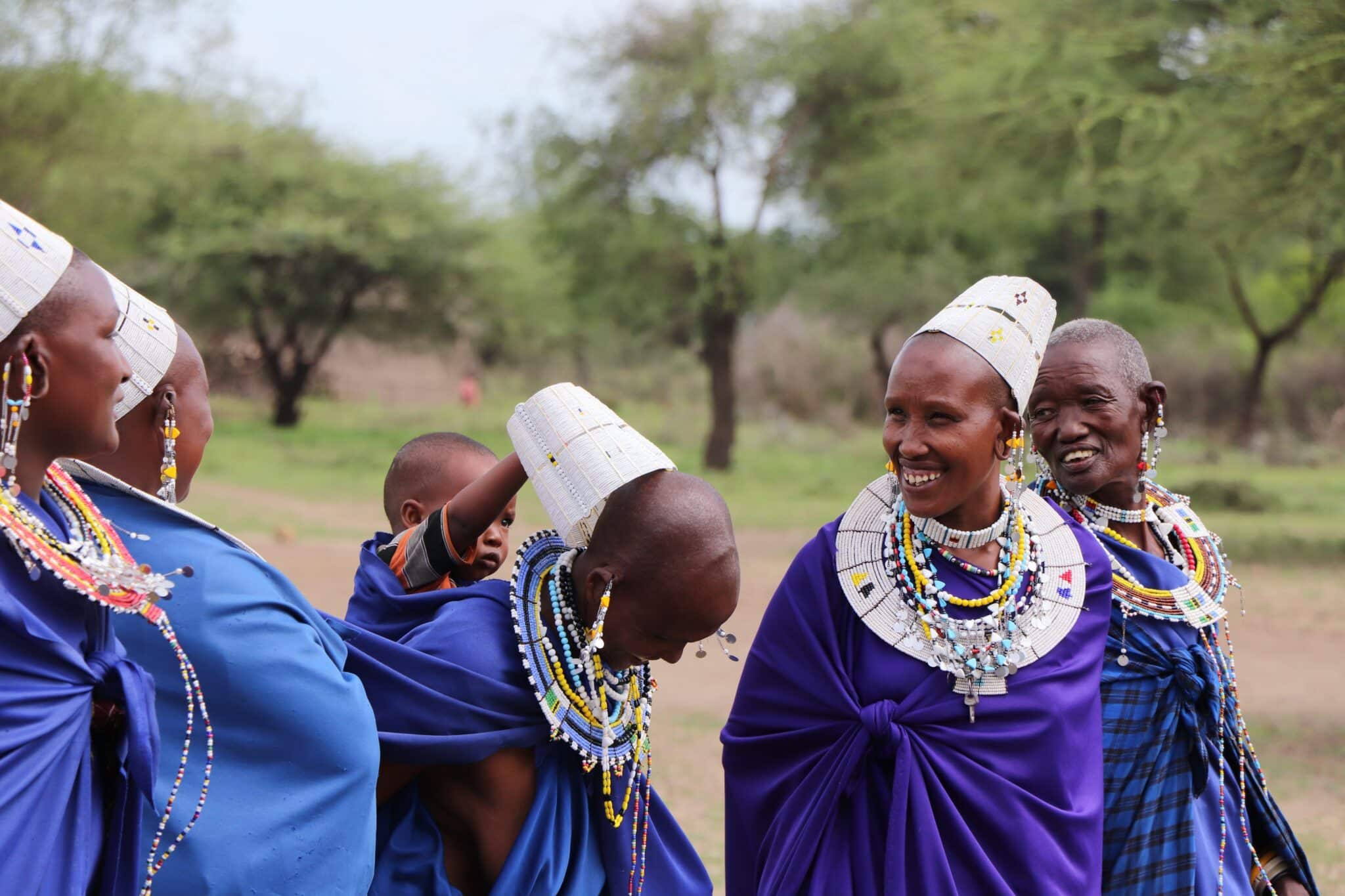This particular piece, "What is Human, Remains" looks back at my first year as a teacher, and the unexpected activism in my students.
Autoethnographic Writing
Whether short-form or long-form, personal memoir or speculative fiction, The AutoEthnographer seeks to publish your evocative expressions of the cultural made personal.
Ulla-Maija Matikainen·
All ContentAutoethnographic EssaysAutoethnographic PoetryEducationFrom the EditorsMoreVolume 3, Issue 2 (2023)
··4 min read A tsunami of words, images, learned and pushed feelings and thoughts go through us every day. Poetry is a way to find our own voice.
I wrote a study of my own faith, bankrupt as it may be, using story of my father, through the lens of Jewishness as I define it for myself.
Zona. I have always thought that names of diseases sound so beautiful. This is the story of a disease that lives with me.
Confessions of an ESL Student explores the significant role that English study played in my development as a student and adult.
In the autoethnographic "Spinach Lasagna", the narrator joins a family of southern Italians and learns that grieving is cultural.
"This is my childhood memory of realizing the power of laughter when everything interior and exterior makes me scared."
"This is an autoethnographic narrative where I use my own marriage to tell a story about love, bodily autonomy, acceptance and illness."
"This is an autoetnography of a black fatherhood journey which encapsulates my hopes, my fears, my love of baby and mother, while trying my best to make sense of a Black fatherhood I wanted so very dearly."
Just like Puerto Rican immigrants, animals might land in a complex political landscape where some might welcome them, but some might not.
“Manslation” explores several episodes from the author’s childhood and early adulthood that show the development of his sexual literacy.
Ethology is a highly fictionalized ethnographic account of my travels around Tanzania, East Africa during my teens.














